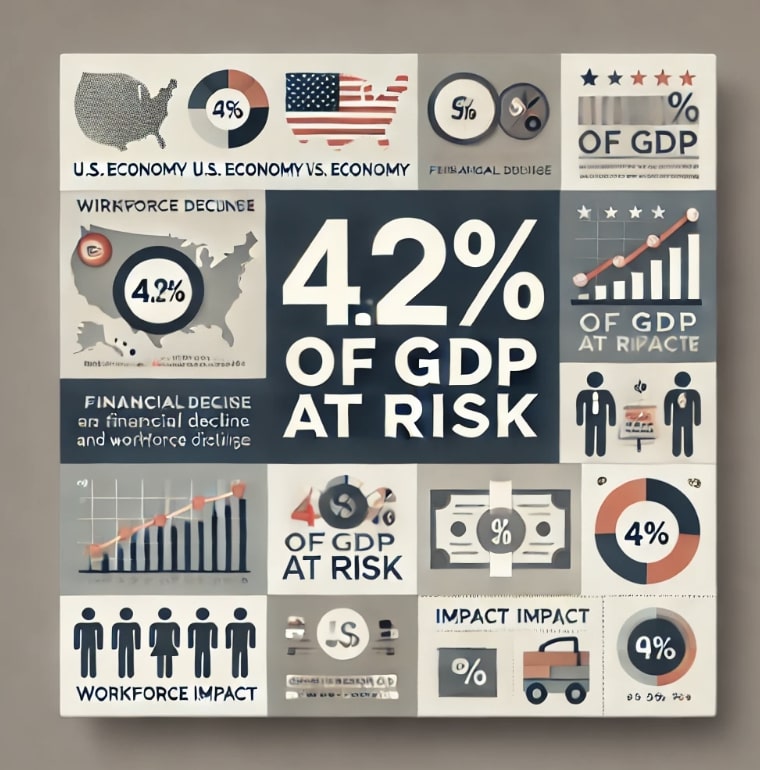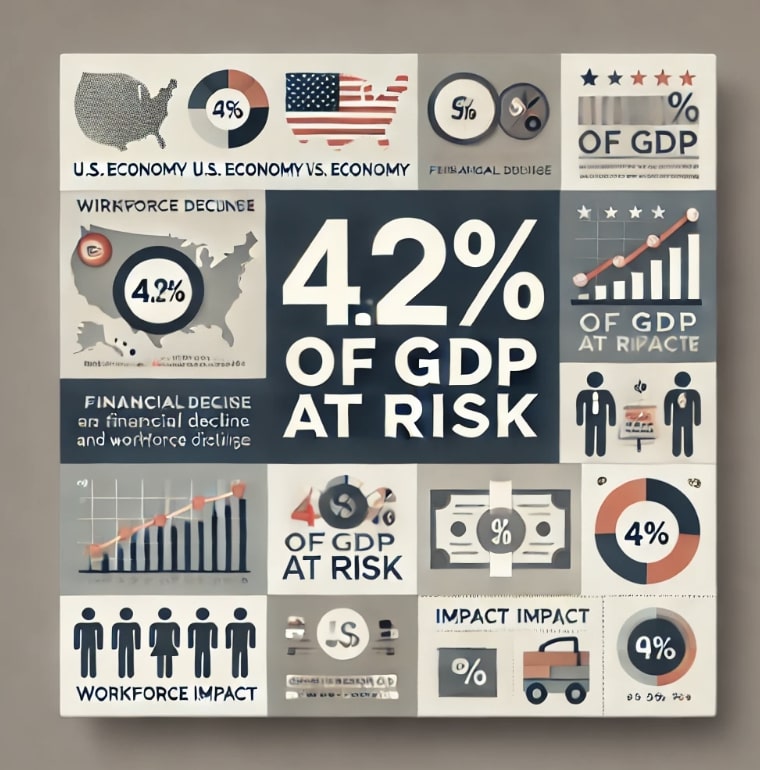
COMMUNITIES FEAR REPERCUSSIONS AS ESSENTIAL SECTORS FACE LABOR SHORTAGES
Newsroom El Comercio de Colorado
Haga click aquí para leer la versión en español
The deportations ordered by President Trump are causing fear in immigrant communities, but also “anxiety and uncertainty” among business owners who rely on that workforce and who have reported a decline in production. According to Rebeca Shi, executive director of the American Business Immigration Coalition of Illinois, the deportations have also affected “essential workers,” despite the government stating that they are focused on violent individuals and cartel members.
Members of this coalition have already reported a 50% slowdown in their operations because immigrants, “paralyzed by fear,” are not showing up for work and are staying in their homes, business owners said. “Trump promised mass deportations, and he is delivering,” Shi said about the operations that have resulted in more than a thousand migrants being expelled. The Immigration and Customs Enforcement (ICE) conducted operations in Atlanta, Austin, Chicago, Los Angeles, Puerto Rico, and Denver.

The U.S. Needs Hands in Agriculture and Manufacturing
Matt Teagarden, from the Kansas Livestock Association, stated that immigrant labor is essential for his sector and agriculture in general. “Violent criminals should be deported, but there also need to be pathways to legalize immigrants who follow the law and pay taxes,” he said. The executive called for immigration reform to address the root problem, as the country faces a crossroads: “We can either import workers and continue producing our food in the United States, or import food, which is a national security issue.”
Teagarden continued, “On the other hand, if we can produce here but face a labor shortage, we will have to import food, which is a national security issue,” he said. Business leaders warned that other economic factors should also be considered. Shi stated that immigrant workers make up between 25% and 50% of essential industries in the U.S. and contribute more than $80 billion in taxes annually.

Their absence would worsen the current labor shortage, estimated at 1.7 million jobs in healthcare, construction, and manufacturing, among others, and would also lead to a 4.2% reduction in the Gross Domestic Product (GDP). Another key issue is who will replace immigrants in sectors where Americans are not interested in working. Tony DiMare, whose family has been in the fresh tomato production business in California and Florida for 97 years, stated that the industry relies on immigrants for manual harvesting.
Most workers in tomato production, both in California and Florida, come from the federal temporary worker program. DiMare is not afraid to highlight the primary reason immigrants dominate this sector: “Natives do not want to do this job. And unfortunately, it is becoming increasingly difficult to find foreign workers with legal documents.”

Elderly Care at Risk
Immigrants are also essential in elderly and patient care, a field where they make up 80% of the workforce due to the lack of American applicants. Adam Lampert, CEO of a Texas-based home healthcare company, warned that deportations will cause inflation in the labor market as wages will need to be raised to attract non-foreign applicants.
He noted that this industry “is growing rapidly,” and one million nurses will be needed annually, “which we do not have domestically. We have to look beyond our borders.” The coalition led by Shi will launch the campaign “Secure Our Borders, But Also Protect Our Workforce,” aimed at the White House and Congress.
They are calling for “immediate action” through immigration reform and balanced, bipartisan solutions that uphold the U.S.’s global leadership and competitiveness. In addition to executing deportations, on his first day in the White House, Monday, January 20, Trump signed numerous executive orders to designate cartels as foreign terrorist organizations, declare a national emergency at the U.S.-Mexico border, and end birthright citizenship.
You may also like:
Denver sets $18.81/hour minimum wage for 2025
Organizations Demand Justice After Joint Operation by Aurora Police Department and ICE
Pro-Immigrant Organizations Call for Support for Migrants






otras noticias
FBI Investigates Boulder Tragedy as Terrorist and Antisemitic Attack
Hickenlooper: “How Many Times Are We Going to Punish Those Who Work?”
Only 25% of Students in Rural Schools Vaccinated Against Measles